Today is World Sleep Day, an annual global event that aims to improve sleep health worldwide. World Sleep Day is organized by the World Association of Sleep Medicine (WASM) to spread awareness of important sleep-related issues and the burden insomnia places on society through a series of special events. This year it is focusing on sleep loss resulting from the need to urinate during the night.
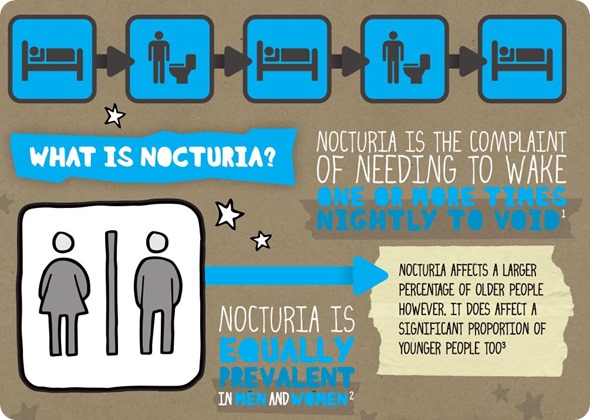
Antonella Giannantoni, Editor of the Nocturia Resource Centre, commented “We are very pleased, that the importance of the impact that nocturia has on sleep is being recognized on World Sleep Day. Despite research clearly showing that nocturia is the most common cause of sleep disturbance, many people still ignore the obvious when it comes to a broken night’s sleep. It is time for the public to wake up to nocturia”.
Sleep problems affect 45% of the world’s population, making insomnia a global epidemic. In addition to reducing attention span, memory recall and learning capacity in the short-term, lack of sleep can have much more serious long-term effects. Poor quality sleep or sleep deprivation has been associated with significant health problems, such as obesity, diabetes, psychological conditions, and some cancers.
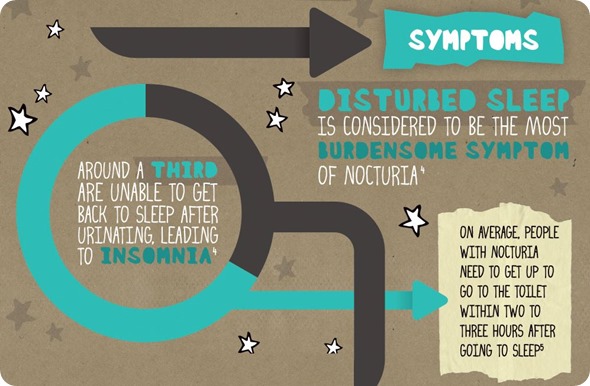
Although insomnia is generally considered to be an inability to get to sleep, the most common cause of sleep disturbance is being woken up by the need to empty the bladder. Around a third of people over the age of 30 make at least two trips to the bathroom every night.
This can be caused by drinking a lot before bedtime, or having a high caffeine or alcohol intake, which can easily be remedied by lifestyle changes. It can also be due to an imbalance in normal body rhythms causing the body to overproduce urine at night—nocturia.
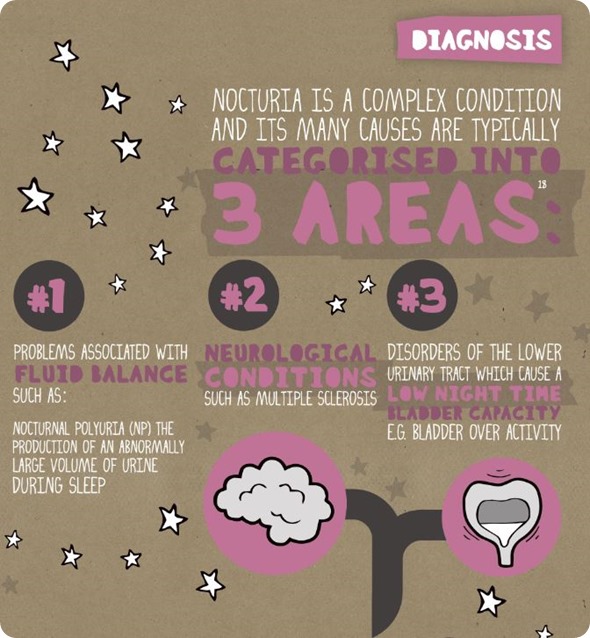
Many people consider the need to urinate at night as something that happens and put up with it, despite the resultant reduction in quality of life. However, help is available and there is no need to settle for a bad night's sleep.
Since routine sleep deprivation can have a serious impact on long-term health, it is important that repeated broken sleep is not ignored and that a doctor is consulted if the need to urinate during the night is preventing you from getting a good night's sleep.
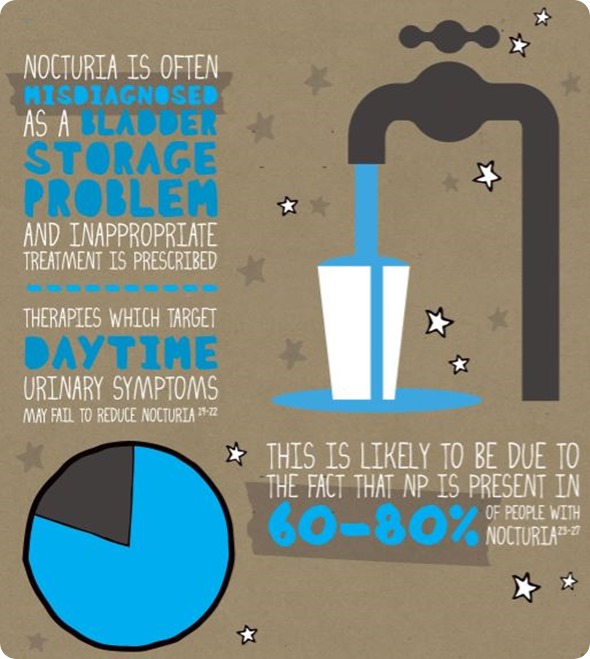
Philip van Kerrebroeck, Editor of the Nocturia Resource Centre emphasized this “Nocturia is a serious issue that should not go ignored by the public. It can affect anyone regardless of age or gender but the good news is that it is treatable. We would therefore encourage anyone who is losing sleep over these symptoms to speak to your doctor as soon as possible. There is no need to suffer in silence.”
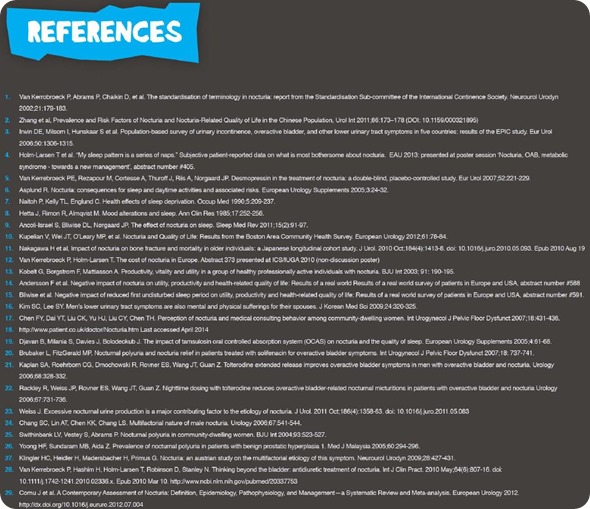
Source:
World Association of Sleep Medicine. www.worldsleepday.org